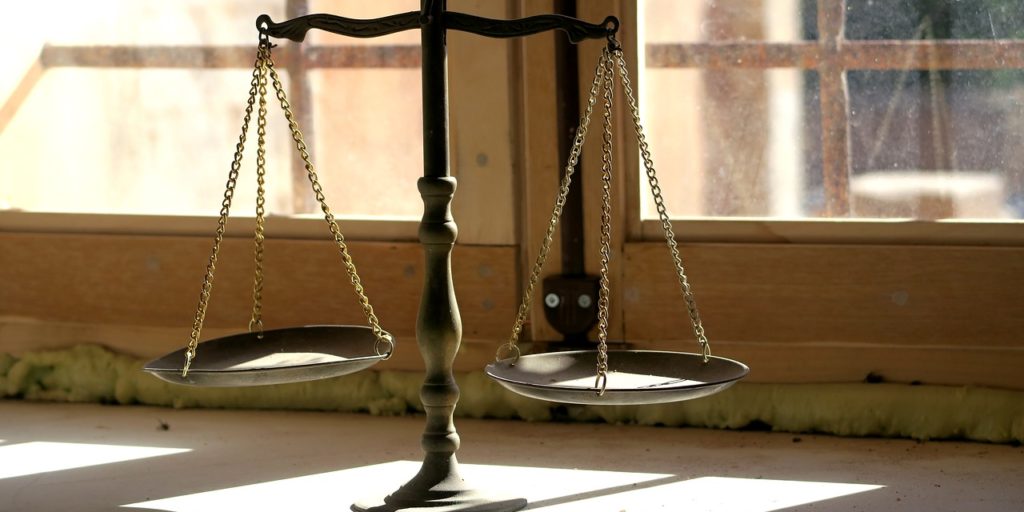- Class-action lawsuits targeted cybersecurity, worker rights in 2021 - December 31, 2021
- Ponzi scheme class-action lawsuit an ‘inventive’ brand of litigation - December 20, 2021
- Failing to adequately safeguard data results in $3.44M settlement - November 30, 2021
The Alberta Court of Appeal released a “surprising decision” in which it has imported the obligation of establishing evidence of class-wide loss from the specialized field of price-fixing actions to a claim rooted in breach of contract and breach of fiduciary duty causing a depreciation in share price, Toronto class-action lawyer Margaret Waddell writes in Canadian Lawyer.
Finding there was no evidence adduced by the plaintiff demonstrating a method of proving aggregate loss on a class-wide basis, the Alberta Court of Appeal upheld the denial of certification in Andriuk v. Merrill Lynch Canada Inc.
Waddell, partner with Paliare Roland Rosenberg Rothstein LLP, explains that the claim arose after the Calgary office of Merrill Lynch realized that it (through clients and brokers) held a concentrated or control block position (22 per cent) of a thinly traded, speculative junior biotech stock, Oncolytics Biotech Inc.
Protecting interests
“The plaintiffs alleged this put Merrill Lynch offside of various securities rules and regulations,” she writes in Canadian Lawyer. “The focus of the plaintiffs’ claim was when Merrill Lynch discovered the problem, it undertook to reduce its holdings in ONC through a variety of measures over a short period of time, without regard to the effect it would have on the class, and solely to protect its own interests.”
In the article, Waddell says the plaintiffs asserted that “given Merrill Lynch’s divestiture represented the entire sell side of the market, its conduct resulted in the ONC stock losing value (an inevitable result known to Merrill Lynch), to the detriment of the class.”
She notes that while there are similarities, this action is different from a traditional securities fraud case, where the alleged misconduct typically involves misrepresentations by the public issuer that artificially inflate share value, causing loss to those who purchase the shares at a price exceeding true market value. Here, the conduct allegedly caused the stock to drop in price.
In this case, the Court of Appeal concluded it was bound by the Supreme Court of Canada’s decision in Pro-Sys Consultants Ltd. v. Microsoft Corp. and followed the Ontario Court of Appeal’s decision Chadha v. Bayer Inc. when it said the plaintiffs were required to produce evidence of a method of proving the class suffered a loss.
‘Entirely distinguishable’
However, Waddell points out that both Chadha and Pro-Sys are “entirely distinguishable” from Merrill Lynch. She says these decisions “addressed the question of establishing a price-fixing overcharge (the damage), which is a requisite element of a claim for a price-fixing conspiracy, was in fact passed on to the indirect purchasers of the product containing the overcharged item as a constituent part.”
In Merrill Lynch, “the plaintiff did not have to prove common impact; the evidence of the depreciation in price was patent in the depressed value of the stock held by all class members,” she writes in the article.
In other words, Waddell explains in Canadian Lawyer, “unlike an indirect purchaser of a product that has one element of it that may have been sold at an inflated value to a direct purchaser, who then may or may not have passed along the overcharge, here the affected property (the shares) are directly affected by the conduct that caused their price to go down.”
She also “respectfully” suggests in the article that the Alberta Court of Appeal “got it wrong” to conclude that a plaintiff must lead proof of a workable methodology for proof of causation in a securities class action.
“The plaintiffs need to show there has been a change in the stock price, and some evidence a court could find links to the change to the defendant’s conduct,” she writes in Canadian Lawyer. “That is sufficient evidence to establish there is a common issue about whether the defendant’s conduct was in fact the cause of the price drop. At trial, the parties will then lead evidence in the ordinary course of event studies or other expert evidence. But for the purposes of the certification descending that deeply into the merits of the case should be avoided.”

